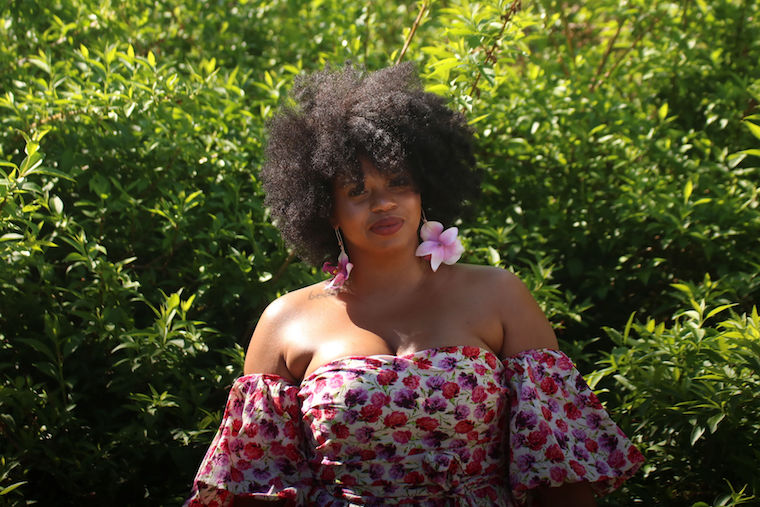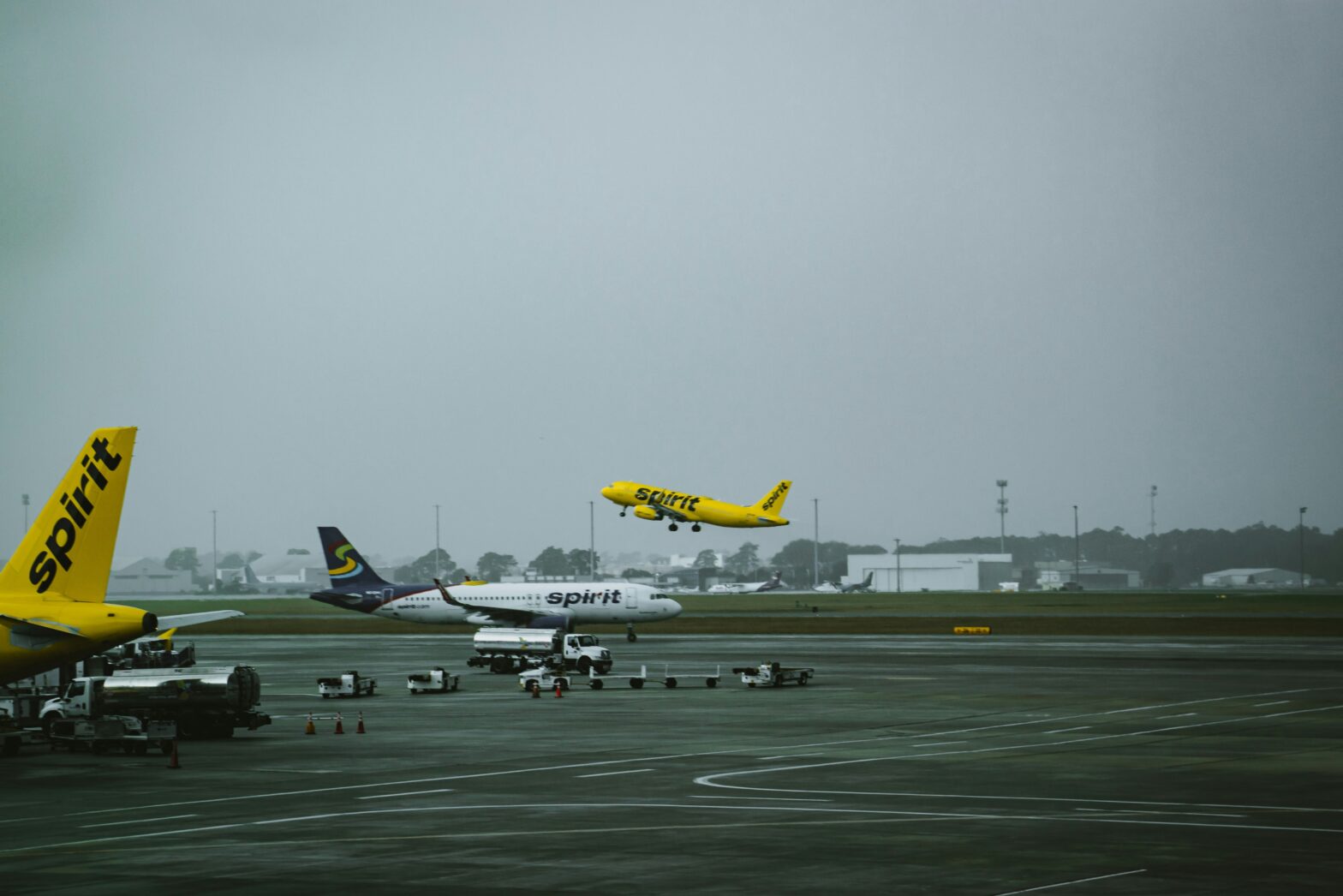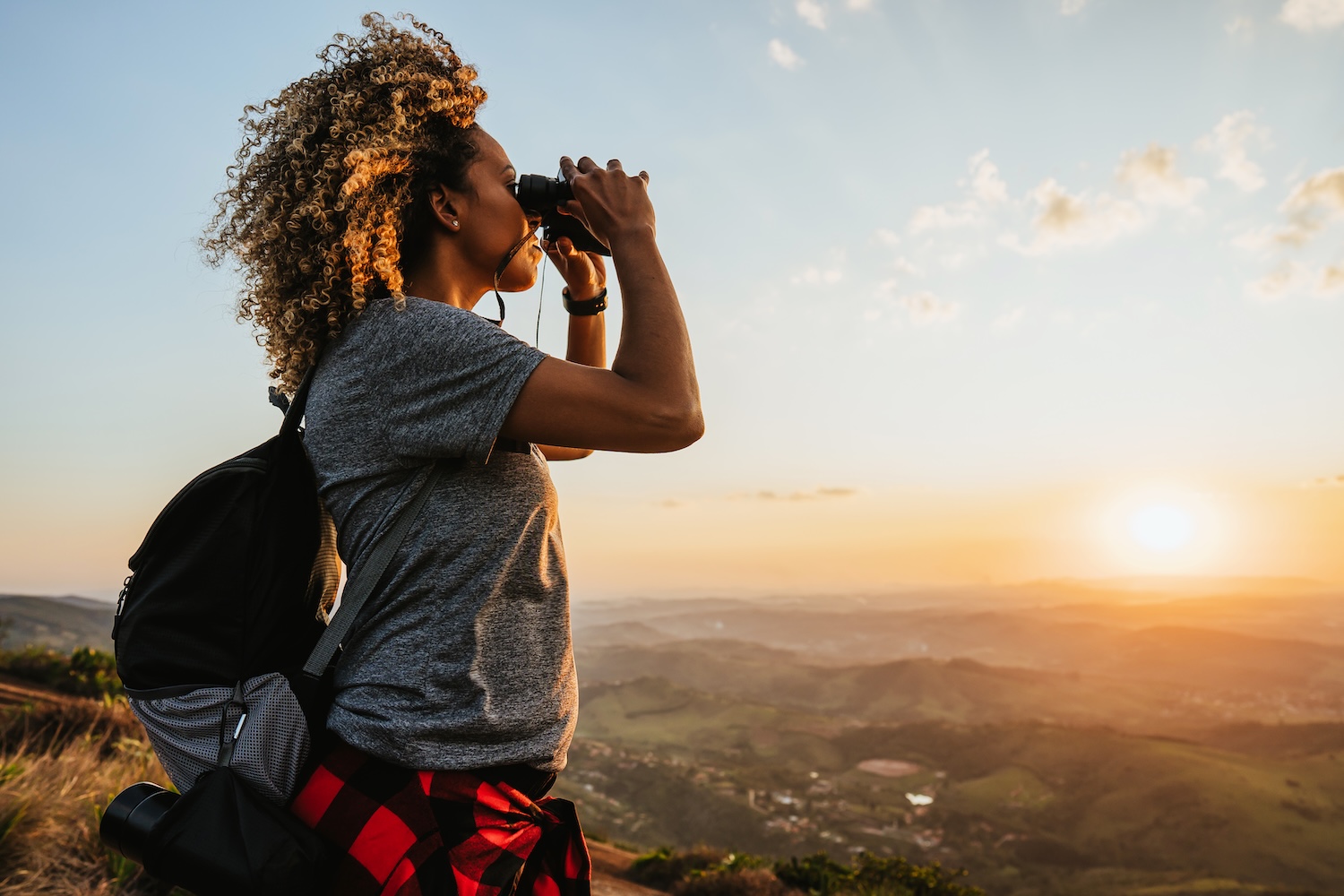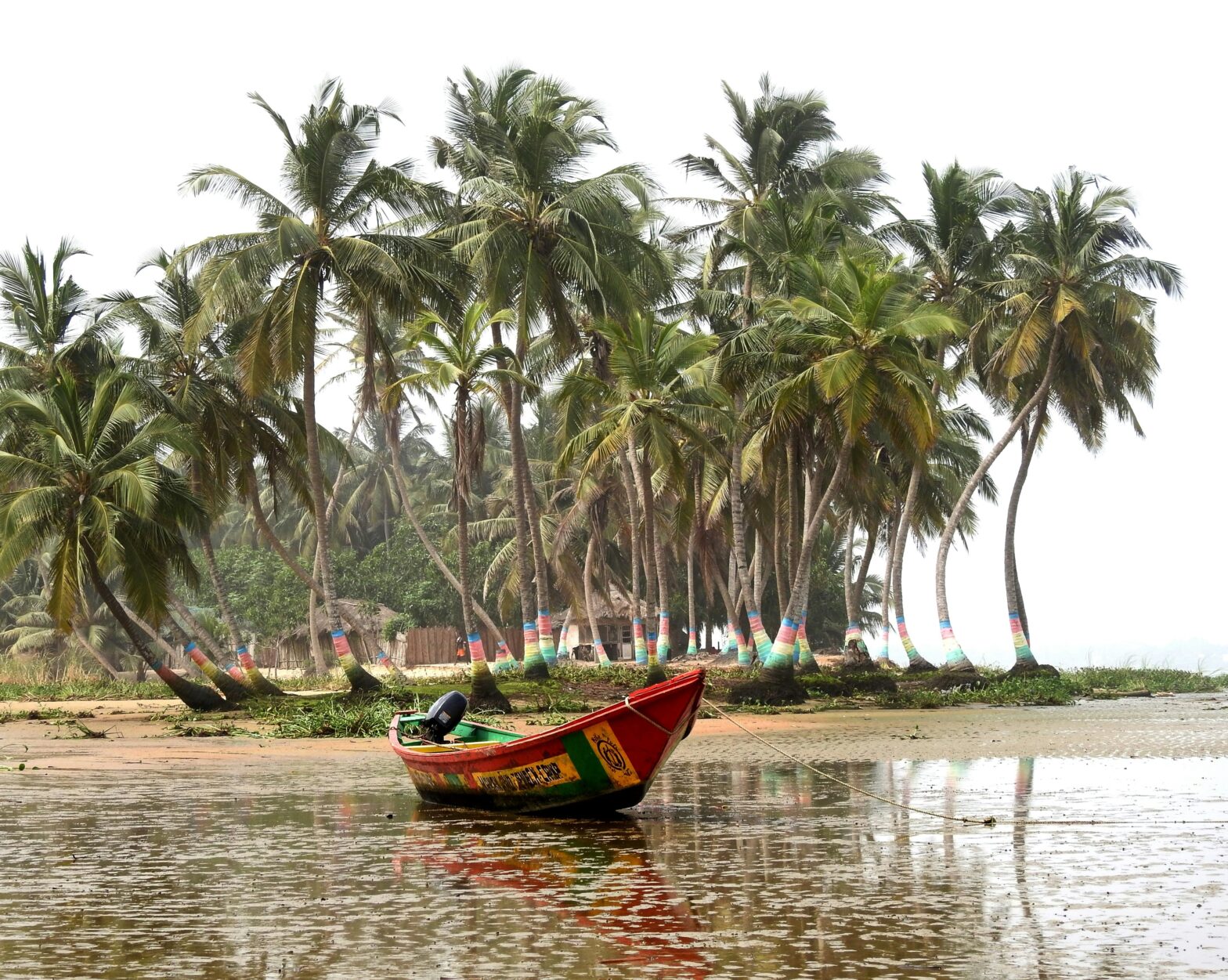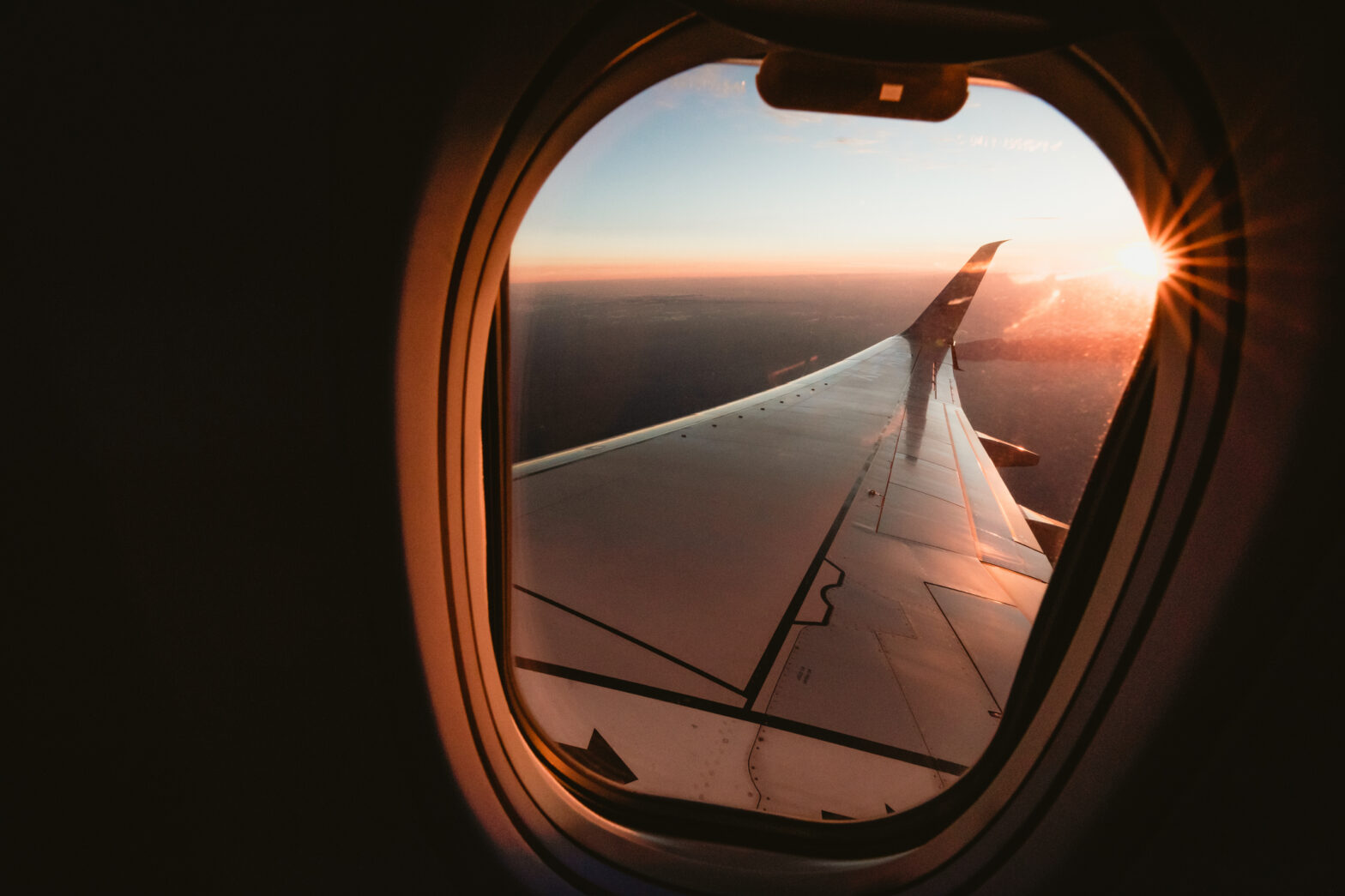Written by: Beyazmin Jimenez
Ever since the news cycle began to cover the strange occurrences happening in the Dominican Republic, I have been uneasy. Sure, I am a Dominican-American woman with a strong love for my island-nation, but still, it felt unfair. The sensationalized headlines and sudden assumptions that the Dominican Republic was “dangerous” and should be avoided “at all costs,” as a few outlets reported, felt like a stretch at most and an outright lie at best. Yes, precautions should be taken; as with any travel, especially one abroad. But, given the unpredictable political and social climate of the United States, the criticism feels hypocritical.
RELATED: Tourist Deaths Taking A Toll On Dominican Republic Bookings
The United States is now leading the world in gun deaths. We can now all count a school, an arena, movie theater, supermarket, casino, and a nightclub as places of possible domestic terrorism. Since December 2018, there have been 576 murder-suicides by gun in the United States, according to the Gun Violence Archive. In the vast majority of public incident cases, the terrorists have been White males. However, I do not see Americans fleeing by the thousands; (unless you count those who were lucky enough to leave to Canada quickly following Trump’s election).
The Dominican Republic has become a top tourist destination for Americans and Europeans, rivaling the likes of Cancun and Los Cabos, the top vacation spots in Mexico.
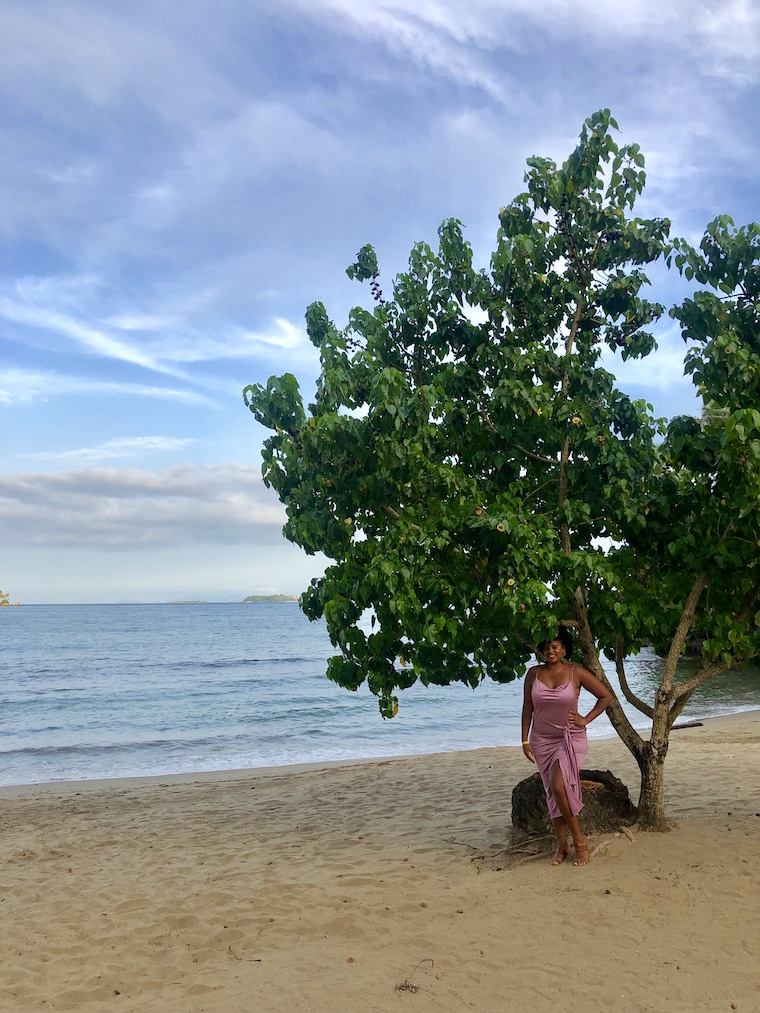
Resort cities like Puerto Plata and Punta Cana have become commonplace for destination weddings, bachelor and bachelorette parties, and the annual family vacation. The island-nation has gained much momentum from the tourist economy and overseen major infrastructure projects to better attract the drove of visitors from abroad it receives each year. Last year alone, the Dominican Republic saw a surge of 6.2%, totaling over 6 million visitors for 2018. The tourism dollars has led to the creation of higher quality jobs in the hospitality industry, which now accounts for almost 1/3 of the island nation’s GDP.
As with any capitalistic structure, when business is down, jobs are down. Dominicans living and working in the Dominican Republic will feel the downturn the hardest. They stand to lose the most if an economic decline occurs. With the perpetrating narrative, many Dominican laborers are at risk of losing their livelihood.

During my recent visit last month to Santo Domingo and Samana in the Dominican Republic, this seemed to be the question on everyone’s mind: What will the tourism slowdown mean for me? For my family? For my way of life? I had candid conversations with the workers at the resort where we stayed, and many were anxious about possible layoffs.
I urge my fellow travelers to dig deeper and go past the headlines. The Dominican Republic remains a hospitable, friendly, and yes- secure place to travel. The beaches, the food, the kind, and warm people are the key reasons to continue coming back to the island time and time again.
